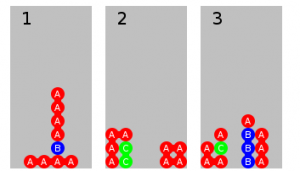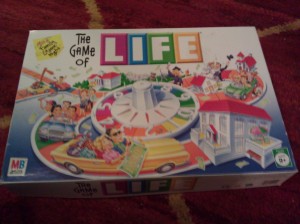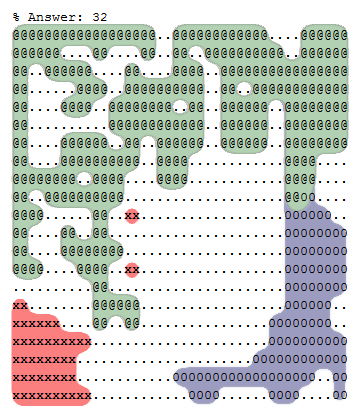POX now available on iPad!
Happy Halloween everyone! We’ve been keeping this a secret for sometime now and we’re happy to announce that POX: Save the People® is now available for the iPad!
All of us here at the Tiltfactor Lab are very excited about the release!
Based on our board game, POX: Save the People® is a 1-4 player game in which players fight the spread of a disease that threatens to take over a community. The game is based on the way a typical disease spreads, and players must work together to contain the spread of infection by either vaccinating or curing citizens.







